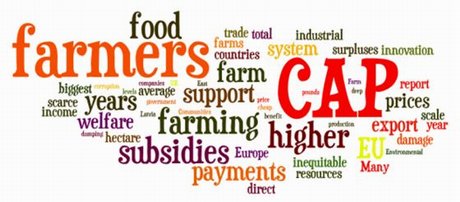As the debate heats up over the European Union's new Common Agricultural Policy (CAP) for 2020, I propose introducing a progressive tax that is based on farmers' purchase per unit area of pesticides, antibiotics and imported animal feed such as soya beans (see also F. Orsi Nature 541, 464; 2017). Farmers practising sustainable management would be rewarded with increased sales, higher incomes and greater societal respect.
Europe's biodiversity decline is affecting ecosystem services such as pollination and biological pest control (S. G. Potts et al. Nature 540, 220–229; 2016). At present, the costs of pollution and biodiversity loss are not included in consumer prices. Europe's subsidies to farmers have dropped to 40% of its total budget and need to be cut further because of other financial pressures.
The need for CAP reforms has long been acknowledged, but earlier proposals have been largely unsuccessful (see also Nature 541, 145–146; 2017). Measures already under way include a guaranteed minimum income to farmers and support for new sustainable farming systems.
A progressive tax on agricultural practices that damage health and the environment would soon pay for itself. It would compensate farmers for lower production by reducing costs and increasing market share. Food prices will increase, but will lead to substantial, price-driven shifts in the sale of sustainable products.
Source:
Frank Berendse, Wageningen University, the Netherlands.
Nature 543, 315 (16 March 2017) doi:10.1038/543315a
Published online 15 March 2017

- Login om te reageren
